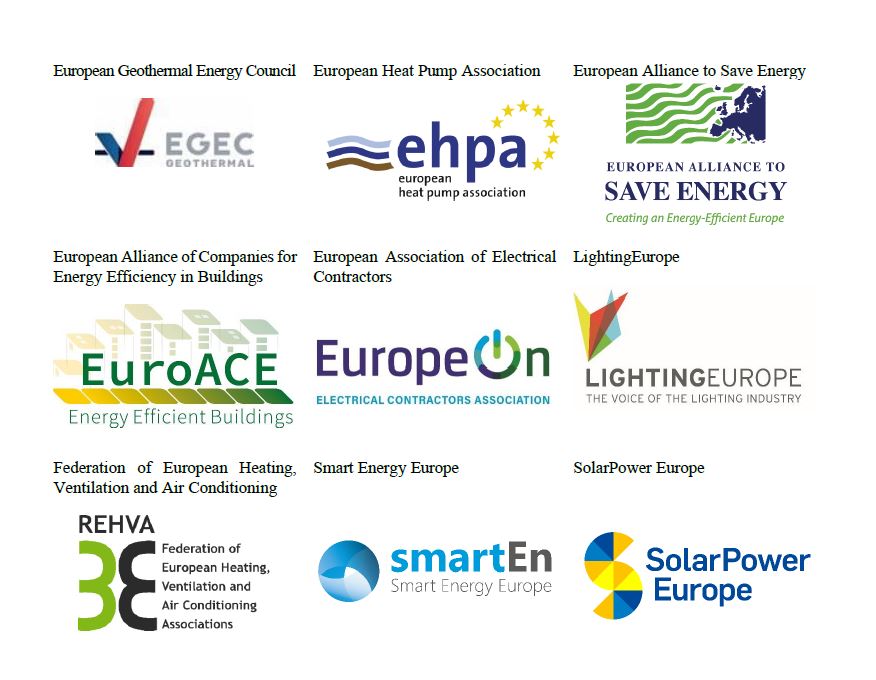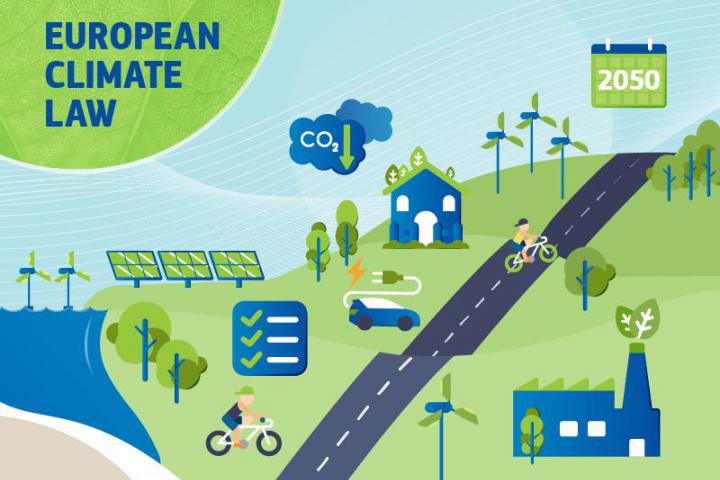Carbon pricing in buildings? Help renovate and switch to renewables first

Including buildings in an emissions trading scheme will have a limited impact on emissions and should, at most, complement other measures like substantially increasing renovation rates, switching to renewables and phasing out fossil fuels subsidies, writes on Euractiv Monica Frassoni, president of the European Alliance to Save Energy.
On 14 July, the European Commission unveiled its long-awaited roadmap to reach the European Union’s higher emissions reduction target for 2030, the so-called “Fit for 55” package.
No wonder it chose the day traditionally celebrating the French revolution as the scope and ambitions of this massive legislative package are considerable. With it, came the proposal of setting up a parallel Emissions Trading Scheme (ETS) for road transport and heating fuels, certainly one of the most contentious measures of the package.
According to the Commission, this proposal aims to address the lack of emissions reductions in road transport and buildings, which together account for almost 60% of EU emissions. Over the last few years, emissions from the building sector have not decreased significantly, while those from road transport have even increased.
The need to act fast and with concrete steps to reduce emissions in these sectors is clear. So seems the Commission’s logic behind the proposal: if the ETS brought emissions down in the energy sector, why wouldn’t it be the case for buildings and road transport?
There are a few reasons why carbon pricing in buildings could at best complement, but not replace – and should not distract from – policies and incentives to substantially increase renovation rates, switch to renewables and phase out fossil fuels subsidies.





